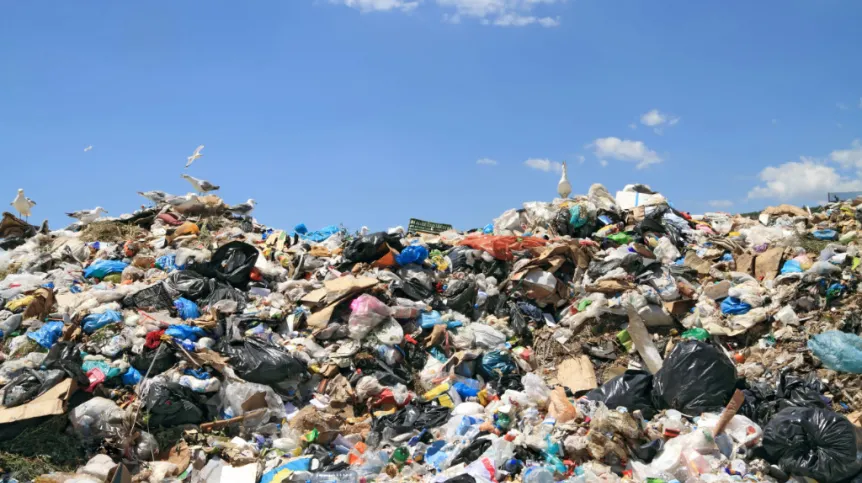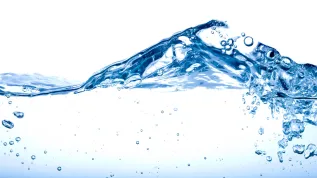
Scientists from the Poznań University of Life Sciences have joined forces with PGNiG to produce gas from bio-waste based on anaerobic fermentation technology.
The prototype innovative installation will produce compressed biogas - bioCNG.
The technology is expected to help dispose of the biodegradable fraction of waste and produce fermentation gas. The quality indicators of the gas will allow it to adapt to technical standards of biomethane. BioCNG will be a renewable alternative to CNG (Compressed Natural Gas).
Professor Jacek Dach, head of the university's Ecotechnology Lab, which includes the largest biogas research laboratory in Poland, said: “Our results allow us to look at bio-waste with optimism, as a potentially large source of biomethane. In turn, cooperation with such a strong partner as PGNiG gives hope for a broad implementation of the developed technology.”
PGNiG added that the technology will be tested in real-life conditions and then commercialised. In cooperation with scientists, the company has built a prototype installation and has been conducting experimental work for several months.
Arkadiusz Sekściński, PGNiG Vice President in charge of Development, said: “Our R&D project is part of the current energy transformation. In this process, the transition fuel will be natural gas, but in parallel, we develop the production capabilities for 'green' gases from renewable sources. They will gradually supplement and then replace natural gas. The results of this work will allow to implement commercial installation in 2023 and launch bioCNG.”
He added that research will allow them to acquire know-how in the field of using a selectively biodegradable fraction of municipal waste, as well as develop a formula of large-scale investments related to bioCNG production.
He continued that this is important due to the growing demand for compressed gas in transport, which will be increasingly powered by green fuels.
PAP - Science in Poland
kol/ ekr/ kap/
tr. RL













